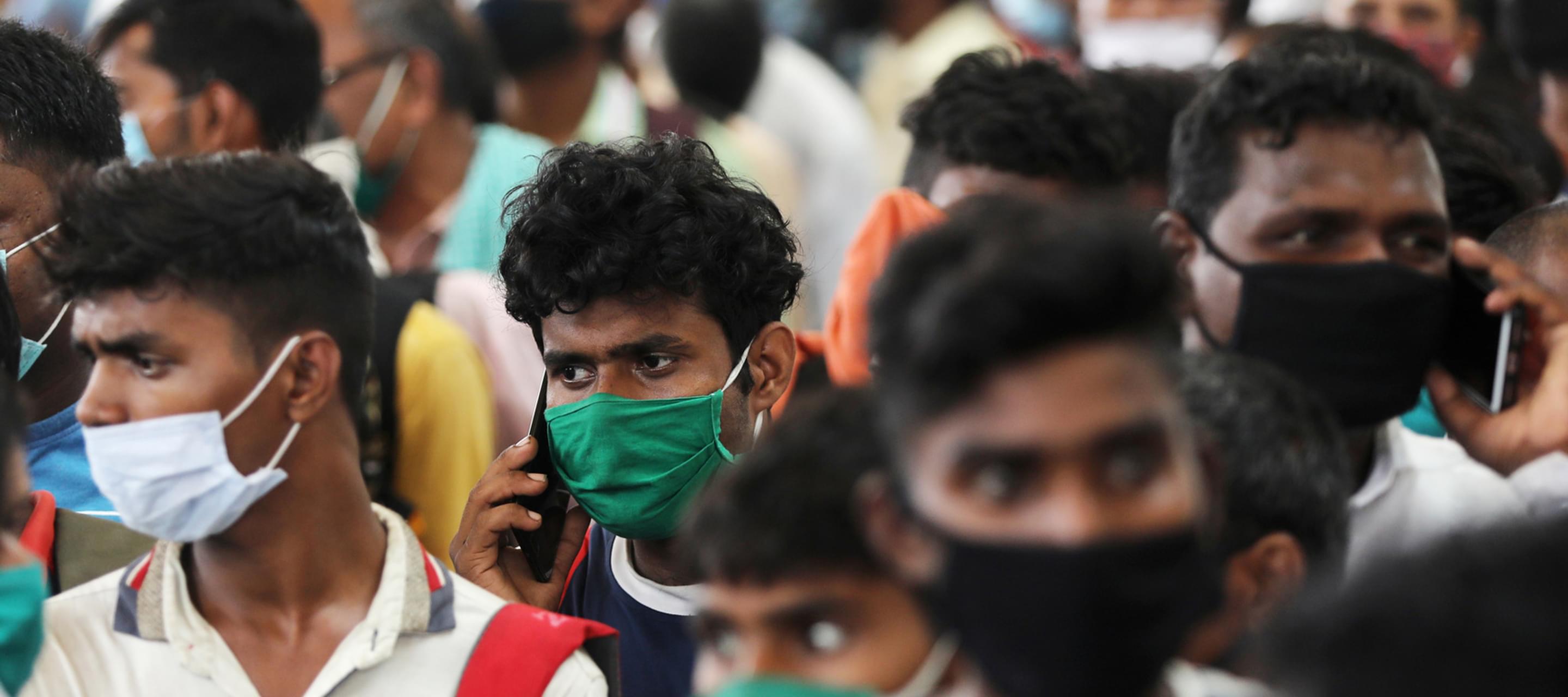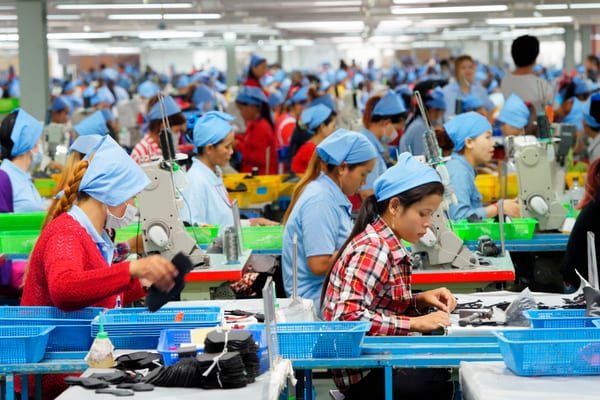Migrant Voices: stories of India’s internal migrant workers during the Covid-19 pandemic
24 November 2020

As a result, hundreds of thousands of internal migrants in India decided to leave the cities where they worked to return to their hometowns, using any available means of transport. Many of them decided to walk hundreds of miles and many died during their journey. The stories featured in this publication shares the workers’ rationale for going back to their villages as they had no means of survival in the cities. It also looks at the role of the private sector’s failure to act with accountability and responsibility to protect their workers and the Indian government’s, its citizens.
India’s migrant crisis offers lessons on governance gaps for the business and human rights community in other countries in Asia, Africa, and Latin America, such as China, Thailand, Indonesia, Myanmar, Kenya, Uganda, Nigeria, South Africa, or Brazil, amongst others, who are reliant on workers to leave their villages to work in cities. It shows the Government’s inability to make necessary protection availables for migrant workers whose living conditions (such as in congested facilities or in urban slums) expose them to infections. It also shows the inadequacies of weak infrastructure, overrun by the stresses of a major lockdown. It shows the failures on the part of many of the workers’ employers - large and small, state and private - who did not provide income support, essential services, healthcare, or other relief.
Read the full report
Image: REUTERS / FRANCIS MASCARENHAS - stock.adobe.com




